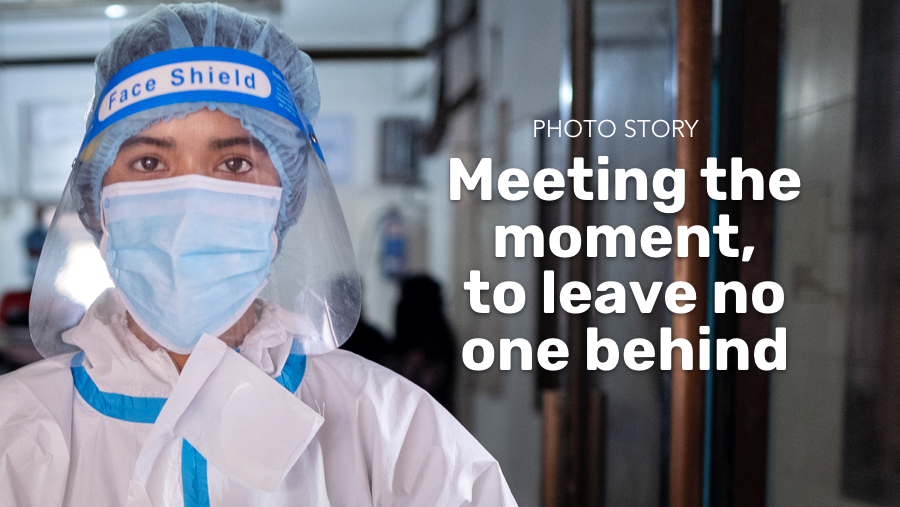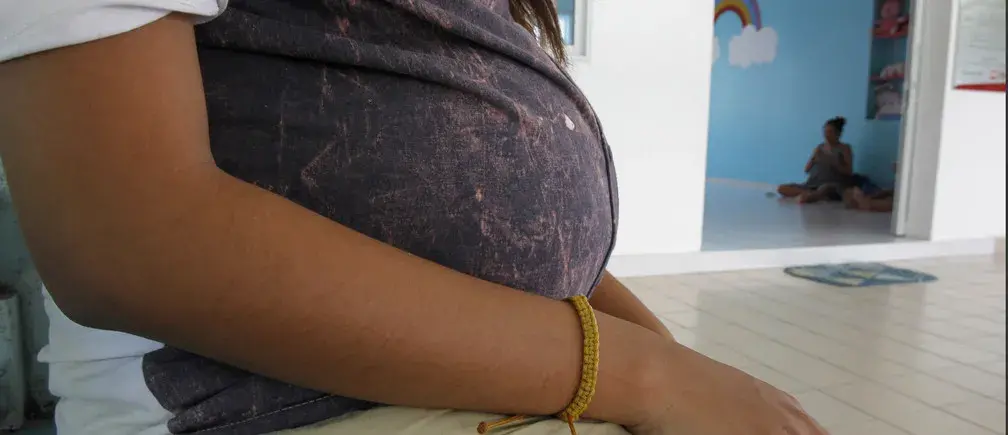What you need to know
The COVID-19 pandemic is straining public health systems, triggering unprecedented measures by governments around the world. Stress, limited mobility and livelihood disruptions increase women’s and girls’ vulnerability to gender-based violence and exploitation. When health systems redirect resources away from sexual and reproductive health services, women’s access to family planning, antenatal care and other critical services suffer.
The unprecedented consequences of the pandemic and the restrictive measures imposed by most countries have negatively impacted access to life-saving sexual and reproductive health services and prevention and response to gender-based violence in times where women and girls need these services most.
Women represent 70% of the health and social sector workforce globally and 80% of nurses in South East Asia and the Western Pacific (WHO). As women are disproportionately represented in the health and social services sectors, increasing their risk of exposure to the disease, special attention should be given to how their work environment may expose them to discrimination, as well as their sexual and reproductive health and psychosocial needs as frontline health workers.




